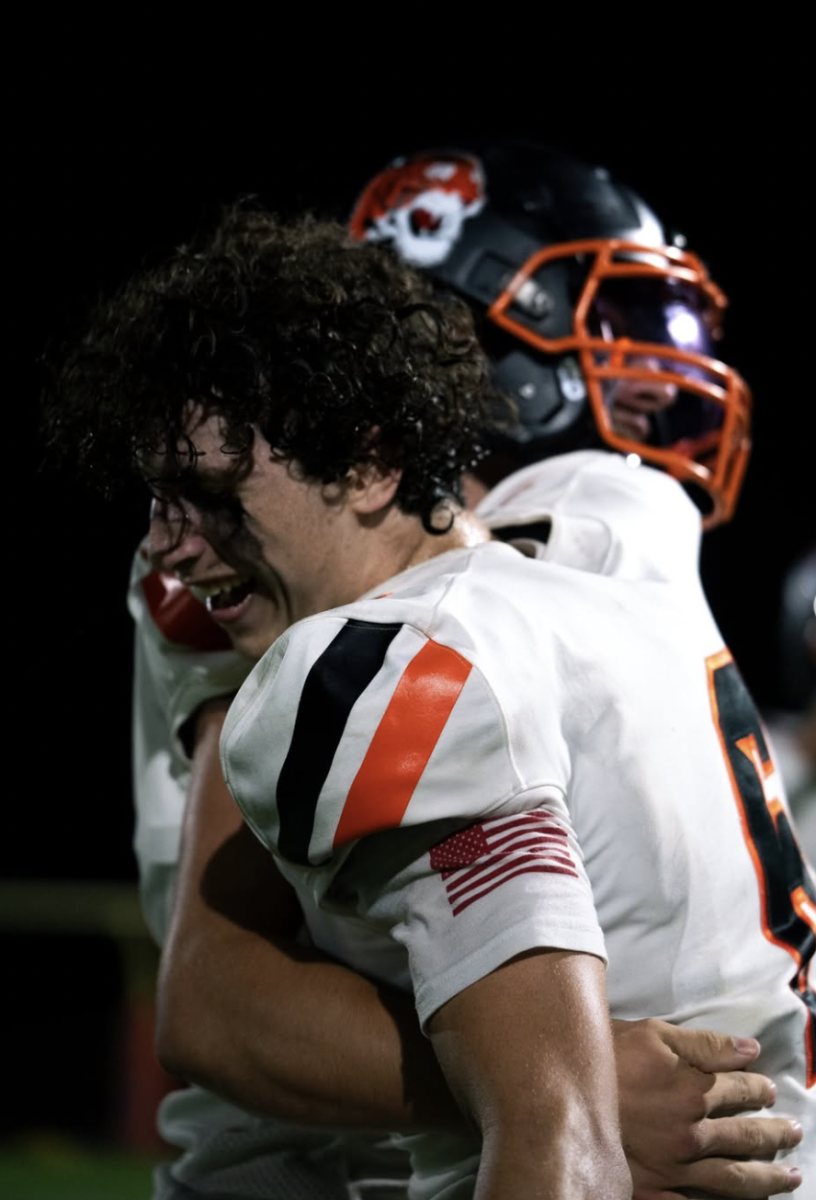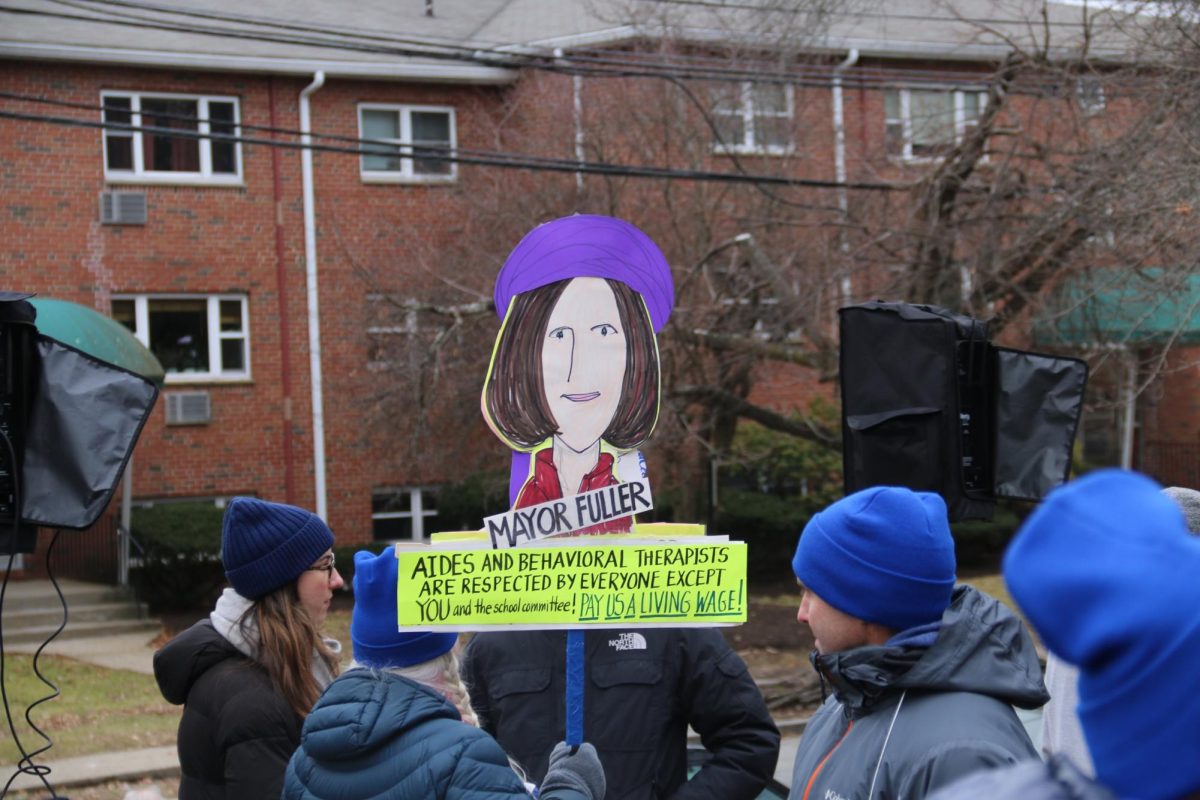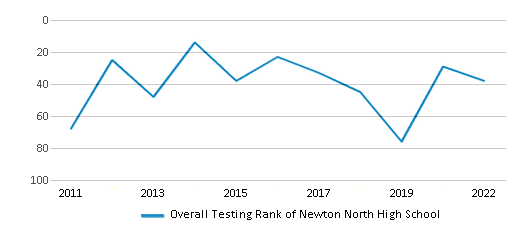Next year, I will walk into a college campus and face a new world of people, opportunities, and especially, opinions—lots of strong opinions. Many of those opinions will motivate change. Many will be based in fact and probably more than a few in fiction, but most will fall somewhere in between. Last year, a variety of opinionated students joined together to form encampments and protest their universities’ investment in companies that service the Israeli military. I saw signs, social media posts, and marches reducing their opinions down to three-word slogans.
As a Jew and as someone who has spent time in Israel, I was asked many times in the last year which side of the Israel conflict I was on. Each time, I paused, and my answer began. “Well, it’s complicated,” I would say. And it is complicated because I am not on a side. I have a position, and even that position is subject to change if I am presented with new information.
The Israel/Palestine issue is incredibly complicated. Way too complicated for three-word slogans, especially when those slogans are taken out of context or appropriated. Instead of lasting change, these slogans mostly created division and herd mentality. It is important to advocate for something that you believe deeply in, but advocacy must be nuanced and open-minded if it is going to be effective.
What I mean by position is I do not think there are just two sides—or even 10 sides—to the situation. Opinions on an issue this complicated and emotional exist all over the place. I have struggled for a long time to come up with a “position.” My beliefs that lives should be saved at all costs, countries should be able to defend their citizens, and the State of Israel should have the right to exist seem to advocate for contradictory outcomes. There is much about this particular issue that I have yet to decipher my understanding and opinion on. I believe in a two-state solution, but given that that outcome has not occurred, what should even be considered a “nation?” Who should have the right to live where and if they can’t agree, who gets to decide? Who is actually making military and government decisions on both sides, and how are those decisions being taken by different involved parties? What is the US’s involvement in terms of armament and peace negotiations? What is the outcome I actually believe would bring peace and save lives in the long term?
For a long time, I hesitated to share my opinion at all. I felt like I should be on one side or another and thought the reason I wasn’t able to jump into debates like those I saw around me was because I did not know as much as those I was watching did. Now I realize that my position is also educated and backed by facts about the current situation and the historical context behind the conflict. After having discussed my conundrum with those around me and listening to a wider range of opinions, not just the loud ones, I understand that I am allowed to voice my thoughts without declaring a one-sided opinion.
I have also come to the understanding that the attitude to bring to these conversations is the willingness to be corrected when I am wrong or misinformed. Often, those I am having a discussion with also know the facts and are open-minded, which allows for articulate debates. People can sometimes struggle to find this attitude, and become defensive and accusatory over any suggestion that their position may be incorrect or only one of many valid opinions. Regardless of what their opinion is, a conversation will not move either party in any direction.
I recognize that having the mindset that your position may be incorrect requires that you set aside your emotional connection to the issue. This can be difficult to do, and sometimes impossible if someone’s connection to the issue is deeply personal. If that happens, I try to respect that having a discussion of an educational nature may not be productive. I am also working hard to be aware of my own emotions in conversations. Many of the emotions that exist in this conflict are deep and personal, over the idea of death, identity and freedom. However, the best context to have a discussion is in a place that encourages calmly setting aside our emotional blinders. In loud protests or encampments, where opinions are being shouted to attract the most attention, that is not likely to occur, and instead distracts from the actual issue.
The Israeli-Palestinian conflict is not the only complicated issue I will have to discuss on my college campus. Figuring out how to speak out with an opinion is more complicated than it seems. There will be issues that I do not understand or have not learned about. There will also be people whose positions come from emotional, rather than logical places, and those opinions are valid too. My goal in college is to be someone who others choose to have discussions with because I am educated on the issue at hand (or willing to be), aware of the emotional complications of the situation, and not tied down by social pressure to a specific “side.” I hope that I can find people who share this goal because at higher levels, well beyond the dining hall chatter I am describing, this endeavor might just lead to more productive solutions.













































